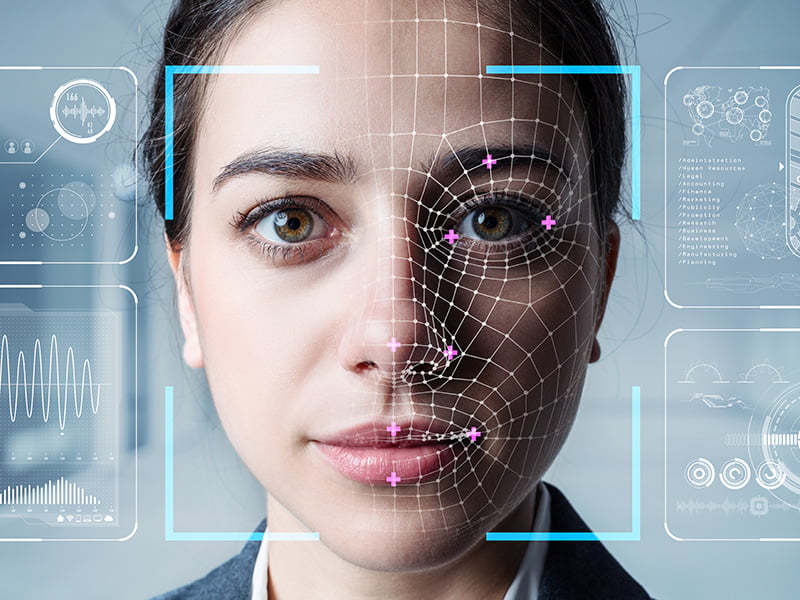
Tech by Android – The pros and cons of facial recognition technology are hot topics as this tool becomes more common. Many industries use it to improve security and convenience. At the same time people raise concerns about privacy accuracy and misuse. Understanding both sides helps you decide when and where it should be applied responsibly.
“Read More: Regulation in Radiation Protection as low as Reasonably Achievable to Avoid Risks”
Facial recognition improves security and access control in many settings. Offices airports and even smartphones now scan your face to verify identity. This method reduces the need for keys passwords or ID cards that can be stolen. Many companies install cameras that detect known threats and restrict unauthorized entry making everyone feel safer on site.
This technology also creates faster and more seamless experiences for users. Travelers can check in board planes and pass through customs without showing documents repeatedly. Shoppers in some stores even pay simply by looking at a camera. These conveniences save time and reduce frustration which appeals to busy modern lifestyles.
“Read About: The Evolution of Graphics in Mobile Games”
Law enforcement agencies use facial recognition to identify suspects quickly. Cameras on streets or at events match faces against criminal databases. This tool can help solve crimes faster and even prevent incidents by spotting known offenders. However using it responsibly is key because mistakes can lead to wrongful accusations and mistrust.
On the other hand privacy and data concerns make many people uneasy. Cameras collect images without explicit consent in public spaces. Companies and governments then store and process that data sometimes without clear limits. Worries about how data is shared or sold are valid and deserve stronger regulations and transparency.
Bias and errors remain a challenge especially in diverse societies. Some systems misidentify people of certain racial or gender groups more often. These mistakes can cause harm if they lead to false arrests or denials of service. Developers continue to improve algorithms but testing and oversight remain important to avoid unfair treatment.
The ethical implications also deserve careful thought. Using this technology in schools workplaces or protests raises questions about surveillance and freedom. People may feel watched and lose trust in institutions that track them constantly. Asking whether a situation truly needs facial recognition can prevent overreach and protect personal rights.
It also helps to compare alternatives when possible. Other security measures like key cards PIN codes or human guards may work just as well in some places. Choosing less invasive tools can meet security goals without collecting sensitive biometric data. Organizations should weigh their options before deciding.
Stronger rules and accountability can help address risks. Governments and companies need to set clear policies on when and how facial data is used. Regular audits independent oversight and strict penalties for misuse build public confidence. People should also have the right to opt out or review how their data is handled.
Finally staying informed as the technology evolves empowers you. Developers continue to innovate making systems more accurate and secure. New laws and standards are being written around the world. Following these changes helps you make better choices about where and how to interact with facial recognition systems in your daily life.